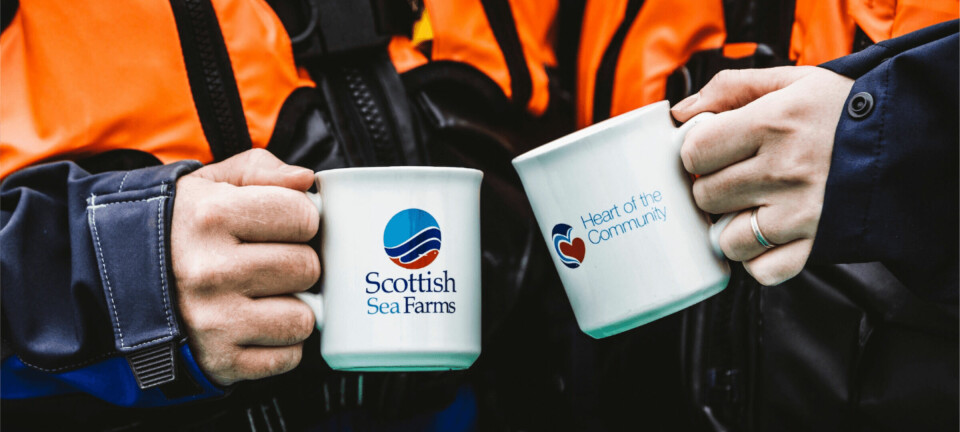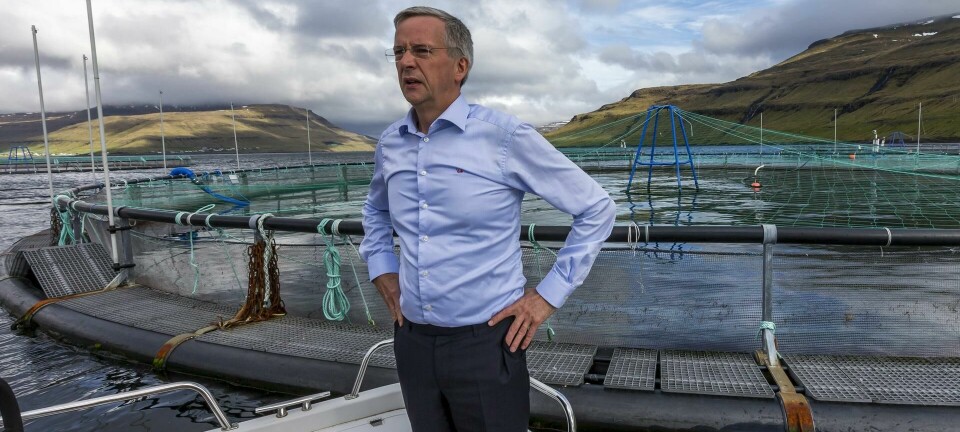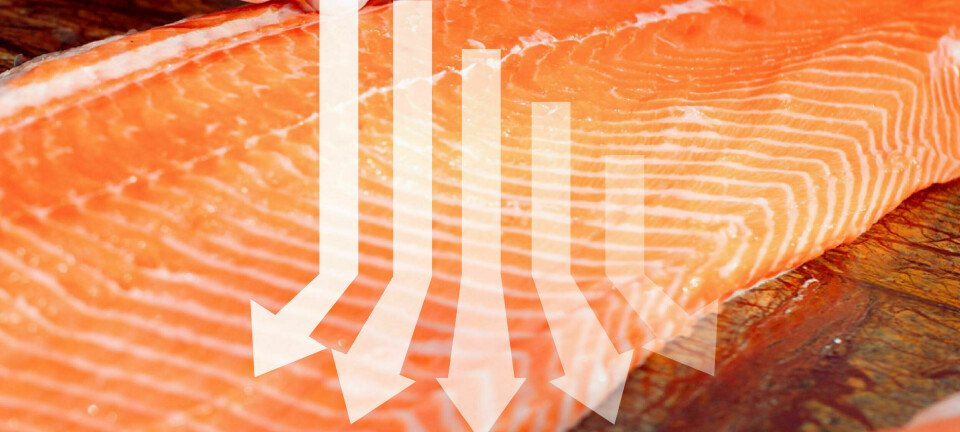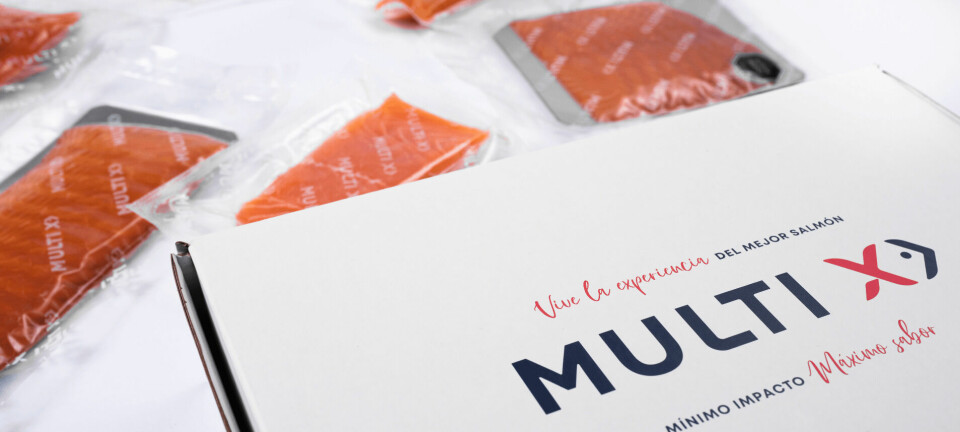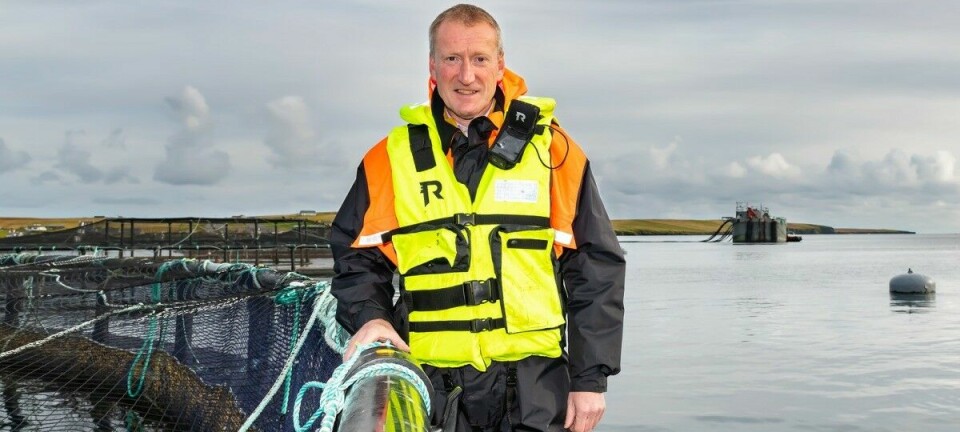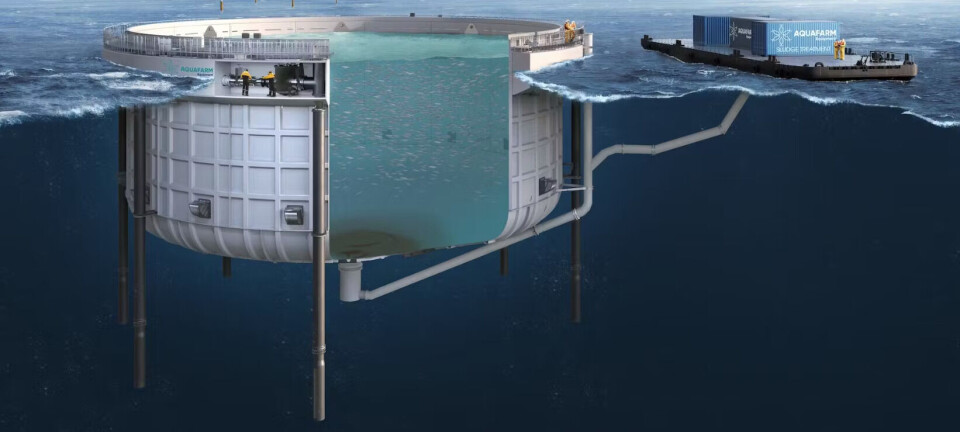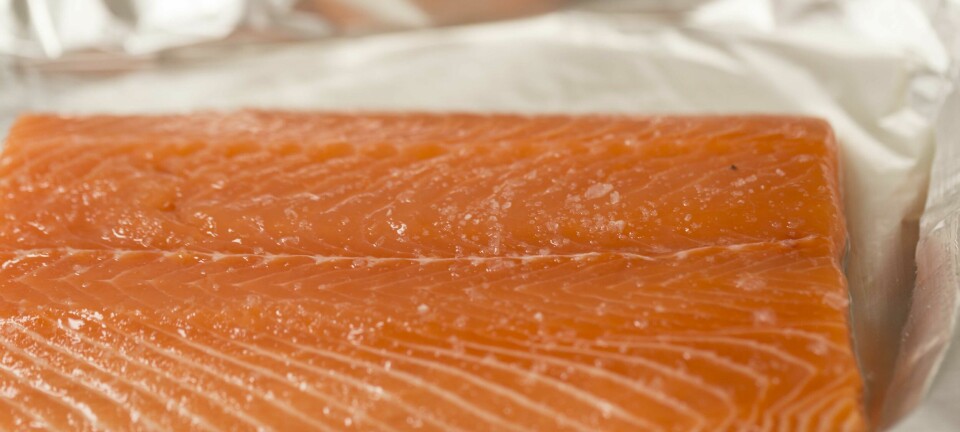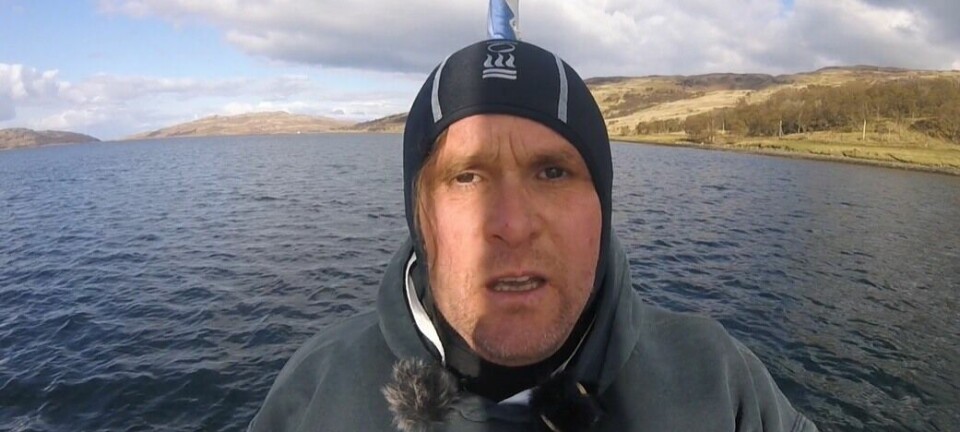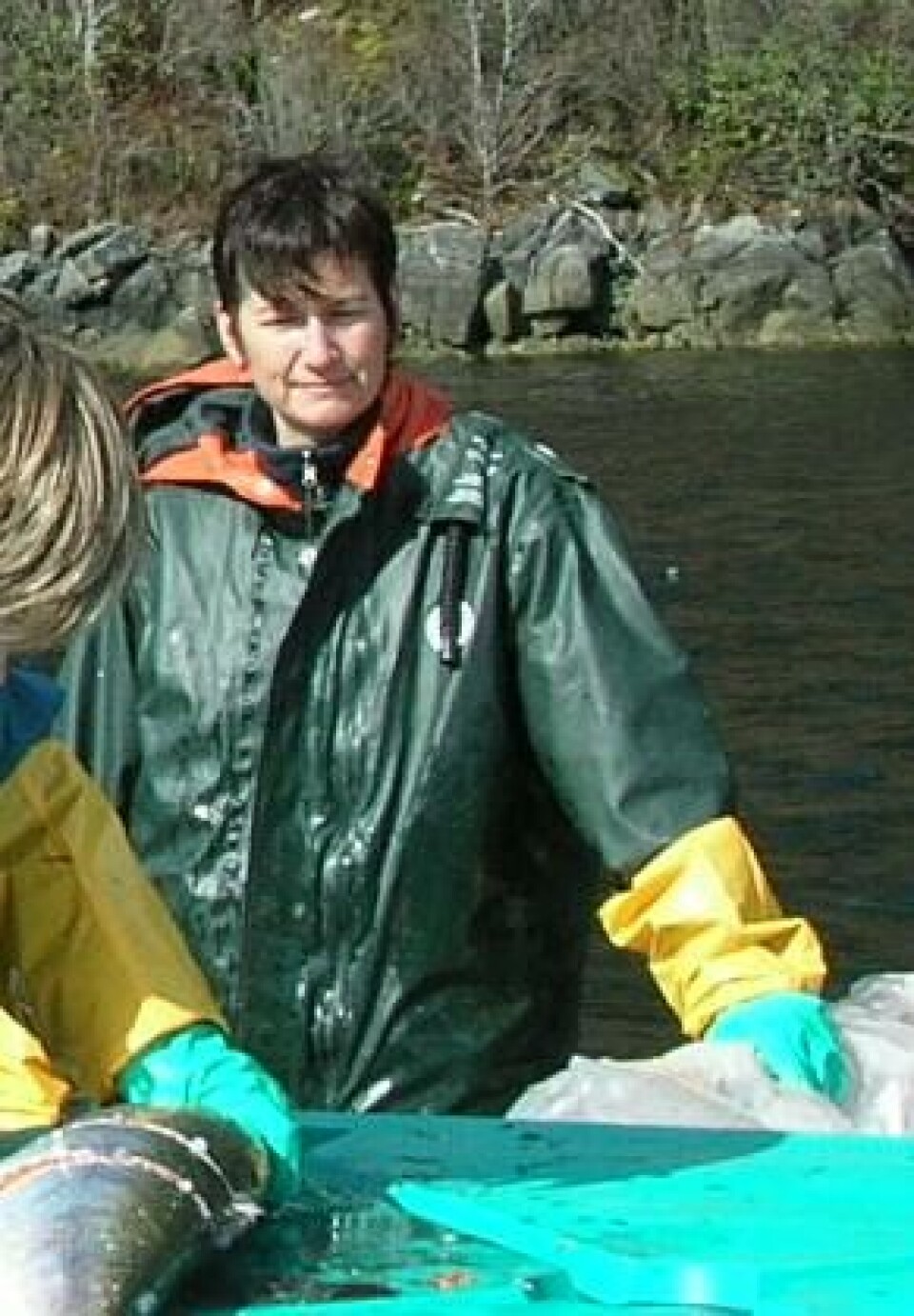
Fish Vet Group announces global expansion
The company, which is launching its global presence at Aquanor, will position operations in Louisiana, Portland, Canada and Norway within the coming months. In addition to providing expert advice on use of its core products Salmosan and Virasure, FVG’s vets and scientists will provide independent, global aquaculture knowledge, and expertise in the areas of health, clinical, environmental and auditing services to existing and developing industries within the global fish supply chain.
Commenting on Fish Vet Group’s global expansion, David Cox, managing director said the expansion has been very much demand-led:
“We started out by providing veterinary health services for a number of fish farming operations based around the coast of Scotland, but over the last fifteen years, the production of farmed fish and shellfish has more than doubled around the world. Pressures on the use of land and water for farming have created new aquaculture health issues and the need for scientific response and sustainable management systems.
“We have been consulting extensively for governments, fish farmers and retail chains in Asia where aquaculture makes up around 90 per cent of the global aquaculture industry, and more recently in Canada and the US. Since 2009, the number of fish and shellfish farms has increased in North America and Europe, but in relation to marine catch operations, caged fish farming still only represents a third of the fish consumed. Globally, this relatively young industry is in a strong period of growth. Demand is rising for intelligent, practical solutions and veterinary products and so we are moving closer to our customers.”
David added: “While fish farming goes some way to alleviating the depletion of wild fish stocks, the conversion rate can be variable in some farmed species of fish. To help protect the biodiversity of the ocean, producers are starting to implement more sustainable farming methods, but because the industry is still relatively new, there are issues to be resolved. Farming of herbivorous and filter feeders such as carp, catfish and tilapia in the US will soon contribute to the global supply of affordable animal protein, but for the supply chain to be truly sustainable, solid partnerships need to be fostered between industry experts, public and private sectors and consumers.”
“The requirement for traceability from farm to plate means that every stage of production needs to be managed ethically, economically and with environmental consideration. Through positioning our core scientific strengths at the heart of fish farming industries, we aim to help large and small scale suppliers of catfish, shellfish and salmon understand and implement best practice in husbandry, feed, stocking levels, habitat, biosecurity, treatments and dealing with waste products, and their impact on the environment, in order to develop healthy businesses that will support the growing population.”
